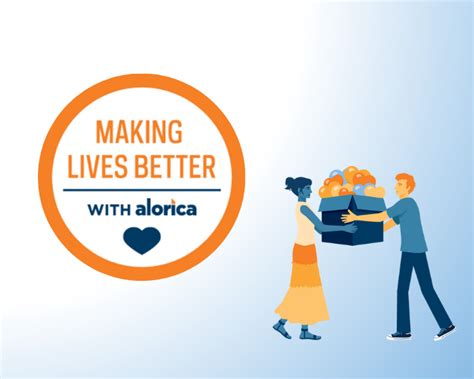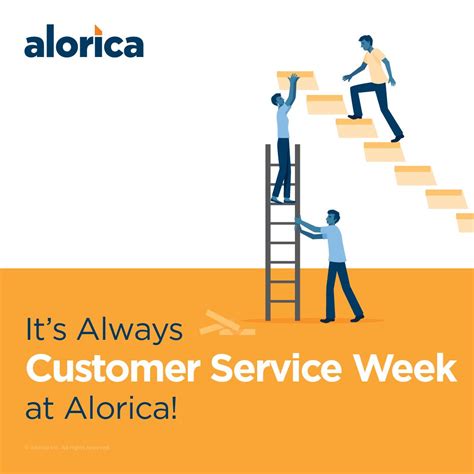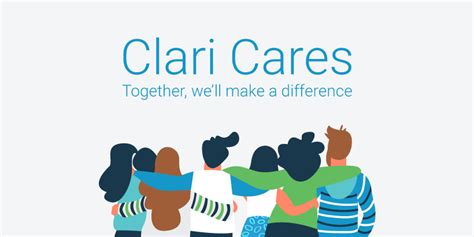Social engagement plays a crucial role in the well-being of our elderly population, contributing to their physical, emotional, and mental health. As people age, maintaining active social connections becomes increasingly important, yet many seniors face isolation. Community actions can make a significant difference by fostering environments where older adults can thrive. This article explores various initiatives that empower our elders, from local community centers offering tailored programs to volunteer opportunities and intergenerational activities. By highlighting these community-driven efforts, we aim to showcase the positive impact of social engagement on elderly health and inspire more involvement in supporting our aging population.
Join ujocis.net as we delve deeper into this topic.
1. Importance of Social Engagement for Elderly Health
Social engagement is vital for the health and well-being of the elderly, serving as a cornerstone for their physical, mental, and emotional health. As people age, they often experience reduced mobility, loss of loved ones, and changes in living situations, which can lead to isolation and loneliness. These feelings of isolation are linked to various health issues, including depression, cognitive decline, and even increased mortality. Engaging in social activities helps seniors stay connected, fostering a sense of purpose and belonging. It also encourages physical activity, stimulates cognitive functions, and provides emotional support. Communities that prioritize social engagement create environments where older adults can maintain meaningful relationships, stay active, and enjoy a better quality of life. By participating in social activities, seniors can combat the adverse effects of loneliness and improve their overall health, highlighting the essential role of community actions in supporting the elderly population.

2. Local Community Centers and Their Programs
Local community centers play a pivotal role in enhancing the social lives of elderly individuals by offering a variety of programs designed to foster connection and engagement. These centers serve as welcoming hubs where seniors can participate in activities tailored to their interests and needs. From exercise classes that promote physical health to art workshops that stimulate creativity, community centers provide opportunities for seniors to stay active both physically and mentally.
Many centers offer social clubs, game nights, and cultural events that encourage interaction among peers, helping to combat loneliness and build a sense of community. Additionally, educational programs, such as technology training, empower seniors to stay connected with family and friends through digital means, bridging the gap between generations.
Community centers often collaborate with local organizations to provide resources and support services, such as health screenings, counseling, and transportation assistance, making them essential for the overall well-being of the elderly. By offering these diverse programs, community centers not only enrich the lives of seniors but also strengthen the bonds within the community, ensuring that older adults have access to the social support they need to thrive.

3. Volunteer Opportunities for Seniors
Volunteering offers seniors a meaningful way to stay active and engaged while giving back to their communities. Many older adults find that volunteering provides a renewed sense of purpose, helping them to remain socially connected and mentally stimulated. Opportunities are abundant and diverse, ranging from mentoring younger generations to assisting in local libraries, hospitals, or community gardens.
For seniors, volunteering can be particularly rewarding, as it allows them to utilize their life experiences, skills, and wisdom in ways that benefit others. Programs that match seniors with volunteer opportunities often focus on areas where their contributions can have the most impact, such as tutoring, leading recreational activities, or supporting local charities. These roles not only help the community but also give seniors a sense of accomplishment and belonging.
Volunteering also fosters new friendships and social networks, reducing feelings of isolation and loneliness. Through these interactions, seniors can build strong relationships with people of all ages, further enhancing their social well-being. Additionally, the physical and mental activity involved in volunteering contributes to better overall health, making it a valuable part of a senior’s lifestyle. By participating in volunteer activities, seniors can remain active, engaged, and connected, significantly improving their quality of life.

4. Intergenerational Activities and Their Benefits
Intergenerational activities bring together people of different ages, creating meaningful connections that benefit both seniors and younger participants. These activities foster mutual understanding and respect, bridging the gap between generations. For the elderly, engaging with younger people can invigorate their lives, providing fresh perspectives and renewed energy. These interactions also offer opportunities for seniors to share their knowledge and life experiences, enriching the lives of younger generations.
Common intergenerational activities include shared hobbies, storytelling sessions, arts and crafts, or community service projects. These activities encourage collaboration and communication, helping to break down stereotypes and build lasting relationships. For younger participants, spending time with older adults can enhance their social skills, empathy, and appreciation for the wisdom that comes with age.
The benefits for seniors are equally profound. Intergenerational interactions can reduce feelings of loneliness, stimulate mental activity, and increase a sense of belonging. These activities often lead to a stronger sense of community, where all ages feel valued and supported. By promoting intergenerational connections, communities can create a more inclusive environment that enhances the social and emotional well-being of both seniors and younger members, fostering a stronger, more cohesive society.
5. Technology Training for Enhanced Connectivity
Technology training for seniors is an essential initiative that enhances their ability to stay connected with family, friends, and the broader community. As digital communication becomes increasingly prevalent, it’s crucial that older adults have the skills to navigate this landscape. Many community centers and organizations offer tailored technology training programs that teach seniors how to use smartphones, tablets, and computers.
These programs cover essential skills such as sending emails, video calling, and using social media, enabling seniors to maintain social connections and participate in online communities. By learning to use these tools, seniors can overcome physical barriers to socialization, especially if mobility or distance limits their ability to engage in person.
In addition to staying connected with loved ones, technology training empowers seniors to access a wealth of online resources, including health information, entertainment, and educational content. This not only reduces isolation but also enhances their overall quality of life, allowing them to remain active and engaged in an increasingly digital world.
6. Support Groups and Peer Networks
Support groups and peer networks provide vital emotional and social support for seniors, offering a safe space where they can share experiences, challenges, and advice with others who understand their unique circumstances. These groups often focus on specific issues such as chronic illnesses, bereavement, or caregiving, allowing participants to connect over common experiences.
By participating in support groups, seniors can find comfort in knowing they are not alone in their struggles. These interactions foster a sense of community and belonging, which can significantly alleviate feelings of isolation and loneliness. Peer networks also encourage the exchange of practical tips and coping strategies, empowering seniors to manage their daily lives more effectively.
Moreover, the friendships formed within these groups can extend beyond the meetings, creating a lasting social network that enriches the lives of participants. Support groups and peer networks thus play a crucial role in enhancing the mental and emotional well-being of older adults.
7. Success Stories of Community-Led Initiatives
Success stories of community-led initiatives illustrate the profound impact of local actions on the lives of seniors. One notable example is the “Senior Connections” program, which pairs elderly individuals with volunteers for regular social visits and activities. This initiative has significantly reduced feelings of loneliness among participants and fostered a strong sense of community.
Another inspiring story comes from a community center that launched a technology training program for seniors. Participants, many of whom were initially unfamiliar with digital tools, have successfully learned to use smartphones and computers. This newfound ability has allowed them to reconnect with distant family members, engage in online communities, and access important information, greatly enhancing their quality of life.
Additionally, intergenerational programs, such as the “Generations Together” project, have brought together seniors and school children for shared activities. These interactions have not only bridged the generation gap but also provided seniors with a renewed sense of purpose as they mentor and interact with younger people.
These success stories highlight the effectiveness of community-driven efforts in improving the social well-being of seniors. By investing in such initiatives, communities can create supportive environments that enhance the overall health and happiness of their elderly members.
Empowering our elders through community initiatives is essential for fostering their social engagement and overall well-being. By supporting local programs, volunteer opportunities, intergenerational activities, technology training, and peer networks, we create environments where seniors can thrive. These efforts not only alleviate loneliness but also enrich the lives of older adults by providing them with meaningful connections and opportunities for personal growth. As we continue to invest in these community-driven solutions, we contribute to a more inclusive society where every elder has the chance to lead a fulfilling and connected life.
ujocis.net

